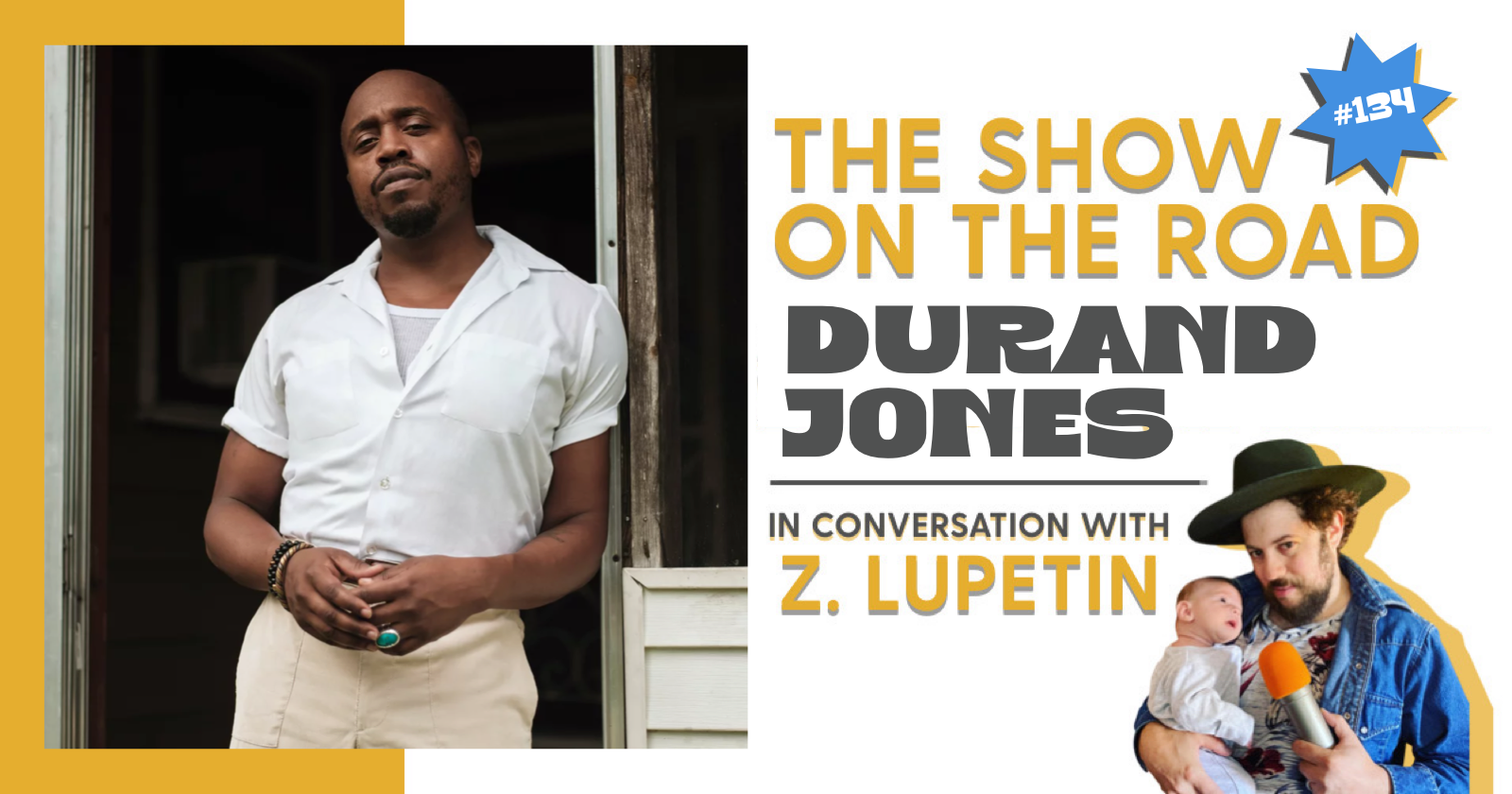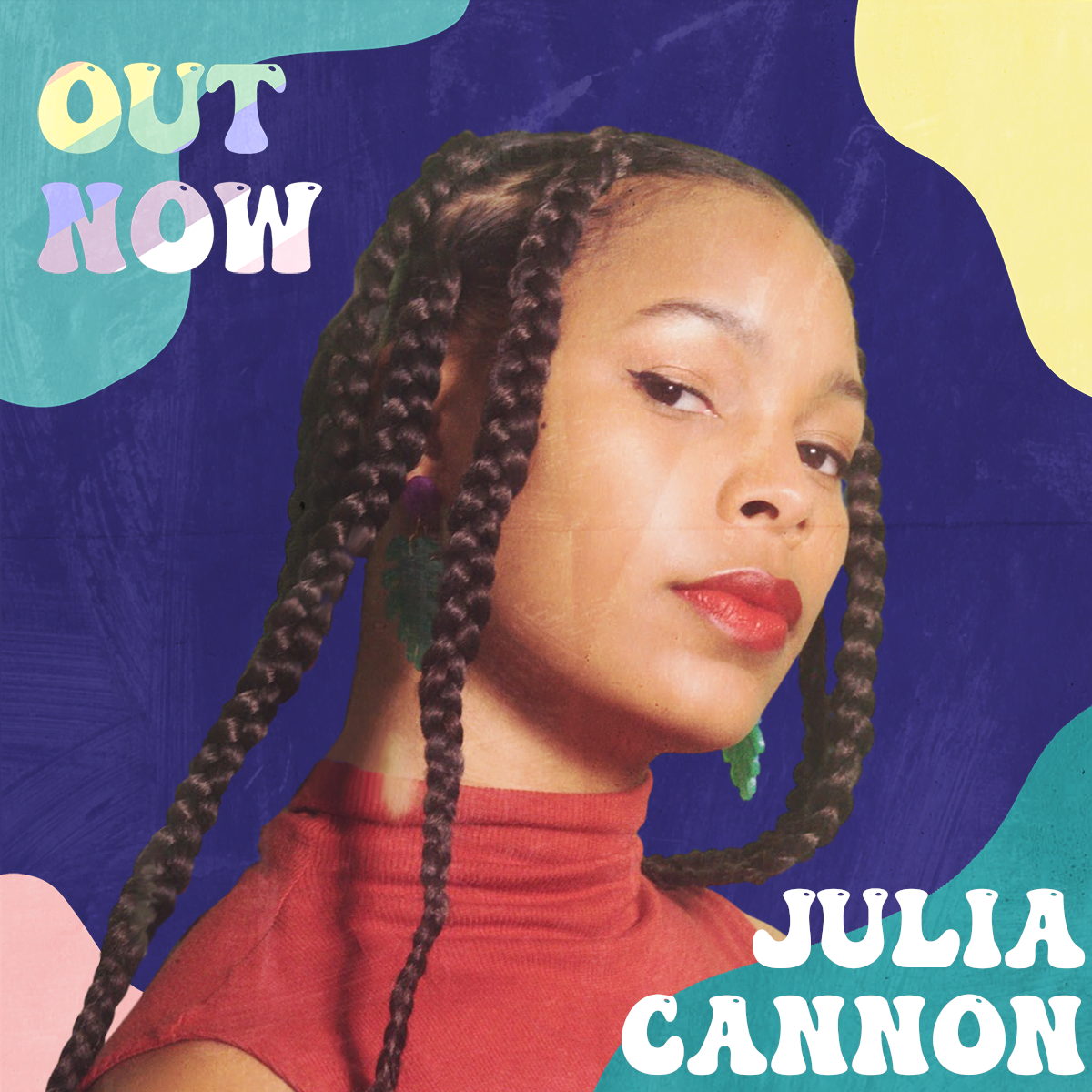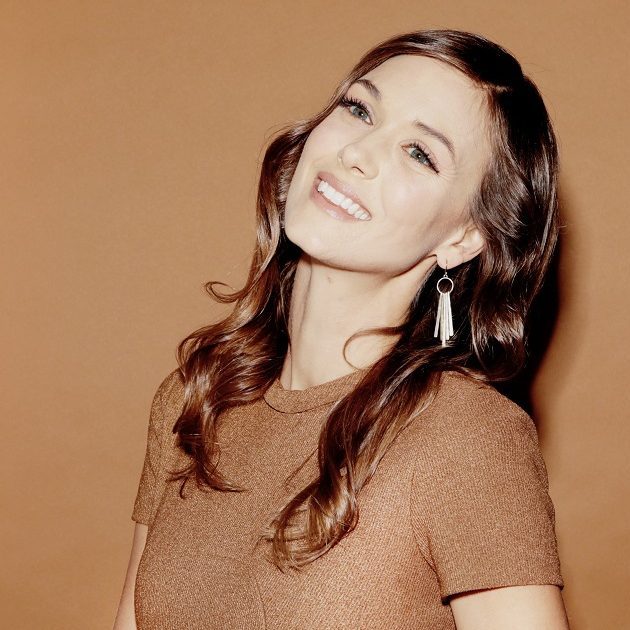This week, we dive into the revelatory first solo record from rising Louisiana-born roots-soul singer-songwriter Durand Jones. Wait Til I Get Over is years in the making. While nearly giving up on his dream to be a singer several times, Jones was diligently collecting songs about his upbringing living in his father’s trailer in the tiny Mississippi River town of Hillaryville, his grandmother giving him the confidence to sing (and also dragging him to church), escaping broken relationships and infidelity, his yearning for a connection to a higher power, and how betting on the music and himself was a jubilant radical act that just may be finally paying off.
LISTEN: APPLE PODCASTS • SPOTIFY • STITCHER
The lush strings and almost Broadway-ready power of his voice on the opener “Gerri Marie” harken back to a time when artists like Marvin Gaye and Aretha Franklin were creating cutting-edge pop and soul music that could at once get you to hit the streets to protest injustice and woo your new love with total abandon.
Most folks may know Jones as one of the co-lead singers with falsetto-master (and drummer) Adam Frazer of the Bloomington, IN-based throwback “sweet soul” group Durand Jones & The Indications, a project he began out of graduate school (he also plays the saxophone) at The University of Indiana. Starting with their hard-hitting 2018 self-titled record and the follow ups American Love Call (2019) and Private Space (2021), they became a coveted national act and AAA radio favorite, with this writer seeing their biggest show yet, last summer at the Hollywood Bowl in L.A. You would be forgiven if you thought the club-ready romantic earworm “Witchoo” dropped in 1971 not in the height of the pandemic — but the unrestrained Chaka Khan-esque vibes are hard to deny. As I told Jones, that tune got me through a very hard time.
While Jones admits he likes to play a certain version of himself on stage — flamboyant outfits and soaring vocal runs are what keep audiences coming back — at home, he’s a much more introspective character who is a big fan of journaling. It’s the quieter, more vulnerable sides of his story (being queer in the Deep South for one), and the complicated figures like “Sadie” (not her real name) that he renders in full cinematic detail that point to a powerful solo career ahead if he wants it.
Photo credit: Rahim Fortune



